Research Reveals The Consequences Of Processed Foods
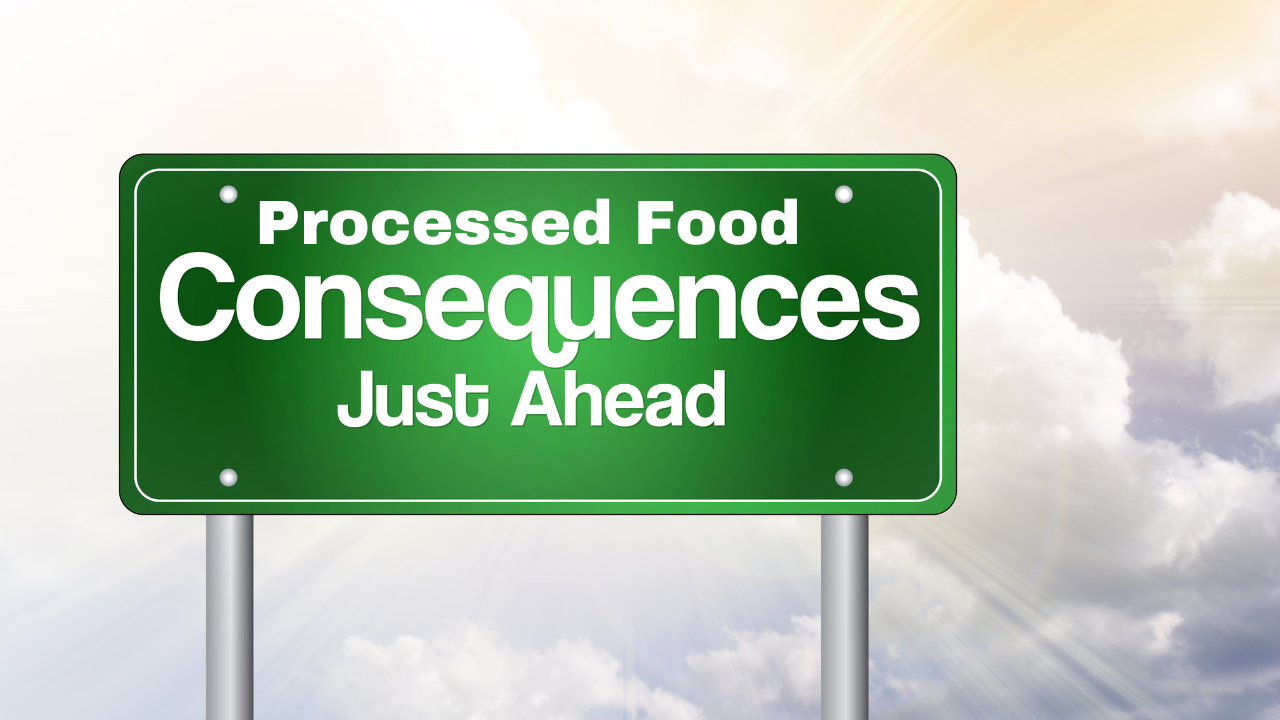
Issue No. 42 | Brought to you by the Addiction Reset Community – ARC
Unlocking the secrets of processed food addiction and guiding you to find freedom from food and weight obsession.

In the previous issue of this newsletter, we looked at what processed foods are and the importance of being able to identify them. Processed foods fall into 7 major categories, namely:
- Sugar/sweeteners/alcohol
- Gluten/flour
- Excessive salt
- Dairy
- Processed Fats
- Caffeine
- Food additives
… and combinations of the above
Research reveals that over 100 illnesses and diseases are associated with the consumption of processed foods. In this issue, we outline these consequences, across 7 major categories.
Sugars and Sweeteners
Here are some of the findings that emerge from research regarding the consequences of consuming sugars and sweeteners:
- Loss of feel-good brain function (Winterdahl 2019) and cognitive function (Noble 2016)
- Results in Withdrawal (Avena 2012)
- Shorter life expectancy (Meshkani 2021)
- Sugar is preferred over cocaine (Ahmed 2013)
- Sugar is more addictive than cocaine (Cameron 2014)
- You need more and more over time (Wang 2014)
- It transfers to drug abuse (Fowler 2014)
- Effects of High Fructose Corn Syrup are similar to alcohol (Lustig 2013)
- Contributes to heart disease (Preuss 2014, Yutkin 1988)
- Only takes 7 days to alter brain function negatively (Tukey 2013)
- Contributes to fatty liver disease and obesity (Schwartz 2017)
- Neurotoxicity of Aspartame (Chaudhary 2018, Li 2021)
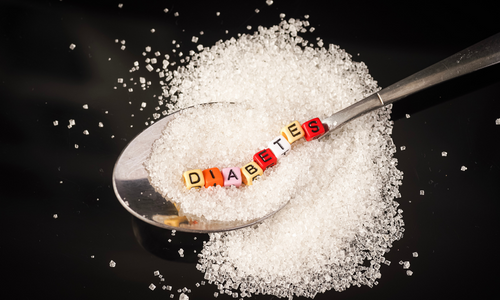
Gluten & Flours:
The following is found in the research on the consumption of flour and gluten:
- Gluteopmorphine attaches to the same brain receptors as opioids (Tyagi 2020)
- Contributes to Depression (Peters2014)
- Found in Schizophrenics (Lachance 2014)
- Could be a factor in Diabetes Type I (Larsen 2014)
- Rapid breakdown and causes inflammation (Spreadbury 2012)
- Leptin Resistance (Spreadbury 2012)
- Obesity (Spreadbury 2012)
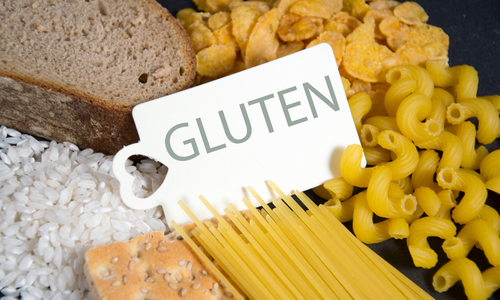
Excessive Salt:
While a moderate amount of dietary salt is essential, excessive salt is harmful. Excessive salt is primarily found in processed food. Research reveals that the consequences of excessive salt include:
- Addictive behavior (Tekol 2006)
- All-cause mortality (Graudal 2014)
- Transference from morphine addiction (Cocores 2009)
- Migraines (Brown 2021)
- Obesity (Mohammadifard 2020)
- Cravings (Morris 2008)
- Hypertension/obesity (Wojcik 2021)
- Neuron plasticity - brain adaptation is reduced (Du 2021)
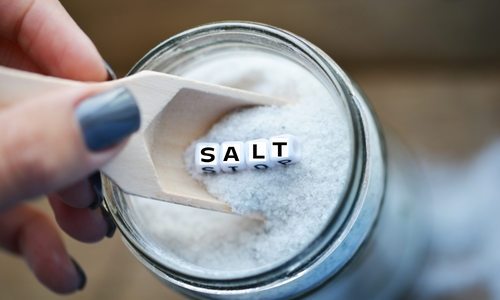
Dairy:
Studies show that some of the consequences of dairy consumption include:
- Gene stimulation for prostate and breast cancer, diabetes, weight gain, aging, neurodegeneration and acne (Melnik 2015)
- Triggers addictive opioid receptors (Teschemacher 1997)
- Cravings equal to cocaine) Matzeu 2015)
- Numbing effect (Blass 1994)
- Mortality and bone fractures (Michalesson 2014)
- Shorter life expectancy (Mashkani 2021)
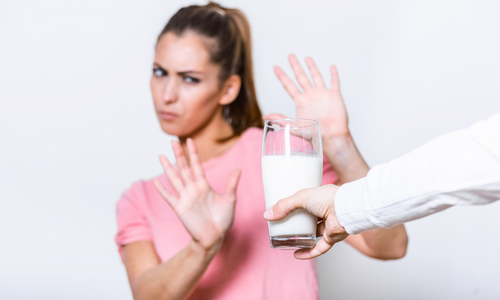
Processed Fats:
Processed fats and transfats are present in commercial baked goods and fried foods, processed snacks, margarine, shortening, refrigerated dough, and non-dairy creamer. Some of the harmful consequences revealed in studies include:
- Opioid activity (Ziauddeen2013)
- Cannabinoid activity (Engeli 2014)
- Dopamine activation (Dep Rio 2015)
- Withdrawal syndrome (Sharma 2013)
- Reduced gut satiation (Feinle-Bisset 2014)
- Inflammation (Schwander 2014)
- Memory loss (Noble 2016)
- Brain cell plasticity is similar to drug addiction (Brown 2015)
Caffeine:
Here are some of the harmful consequences of caffeine consumption:
- Addiction (Addicott 2014)
- Sleep disruption (American Psychiatric Association 2013)
- Withdrawal (Bernstein 2002)
- Anxiety (American Psychiatric Association 2013)
- Intoxication (American Psychiatric Association 2013)
- Hypertension (Rodak 2021)
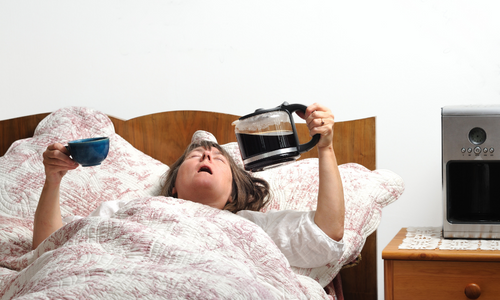
Food Additives:
The use of food additives is prolific! Research reveals that at least 15 000 food additives are in use (Warner 2014). A further study revealed a particularly sinister category of food additives called “food obesogens” (Ravichandran 2021).
Here are some of the harmful consequences of food additives:
- Atherosclerosis from acesulfame potassium (Lin 2021)
- Cancer from nitrates (Kotopoulou 2021)
- Increased cellular permeability from engineered nanomaterials (Wang 2021)
- Bisphenols (BPA) increases body fat, and interfere with the immune and nervous system (McCarthy 2021)
- Phthalates act like hormones (McCarthy 2021)
- Food colors are associated with ADHD (McCarthy 2021)
Here’s the good news!
When we eliminate the harmful processed foods from our diet, we can reverse many of their harmful effects. With the right support for recovery from processed foods addiction, we are able to abstain from these toxic, drug-like substances, nourish ourselves with real food and live a happy, healthy body.

Within the Addiction Reset Community (ARC) our members and their journeys are important to us. We find their stories inspiring and hopeful for everybody in health recovery.
"The program is reinforcing. If I slip, yesterday is done. I’m not derailed. There is a common thread of compassion and self-forgiveness through understanding. The ARC brought me out of my isolation and into safety."

Many people reach out to Joan asking for advice and assistance on how they can begin their recovery journey.
Dear Joan:
Why is it taking me such a long time to get control over food?
Joan responds:
Ending loss of control takes a long time because the food industry has been teaching the reward pathways in our brains to crave for decades. By putting addictive sugars, excessive salt, and fat into our food and addicting our reward pathways, and then surrounding us with advertising and availability, the processed food industry has deeply addicted our brains. It could take years to reteach those brain cells to stop craving and stay calm when stimulated by advertising and availability.
The foods cost, and over time, we need to eat more and more. Then we lose income because we're too sick to work, and as you have mentioned, we spend more on medical treatments and pharmaceuticals. We also spend aimlessly on unnecessary shopping, looking for relief from pain. Recovery from processed foods addiction is not only cost-saving but life-saving too.
DISCLAIMER:
Dr Joan Ifland (PhD) is a global expert on the subject of processed food addiction and is not a medical doctor. Information and response shared in this Newsletter are not intended for, and should not be construed as medical advice.
Do you have a question? Reach out to us with your questions about food addiction and recovery at gethelp@foodaddictionreset.com
Are you showing signs of Processed Food Addiction? Take this self-quiz to find out now!
Recent copies of Dr Joan Ifland's Blog:
Issue 01 | Issue 02 | Issue 03 | Issue 04 | Issue 05 | Issue 06 | Issue 07 | Issue 08 | Issue 09 | Issue 10 | Issue 11 | Issue 12 | Issue 13 | Issue 14 | Issue 15 | Issue 16 | Issue 17 | Issue 18 | Issue 19 | Issue 20 | Issue 21 | Issue 22 | Issue 23 | Issue 24 | Issue 25 | Issue 26 | Issue 27 | Issue 28 | Issue 29 | Issue 30 | Issue 31 | Issue 32 | Issue 33 | Issue 34 | Issue 35 | Issue 36 | Issue 37 | Issue 38 | Issue 39 | Issue 40 | Issue 41


